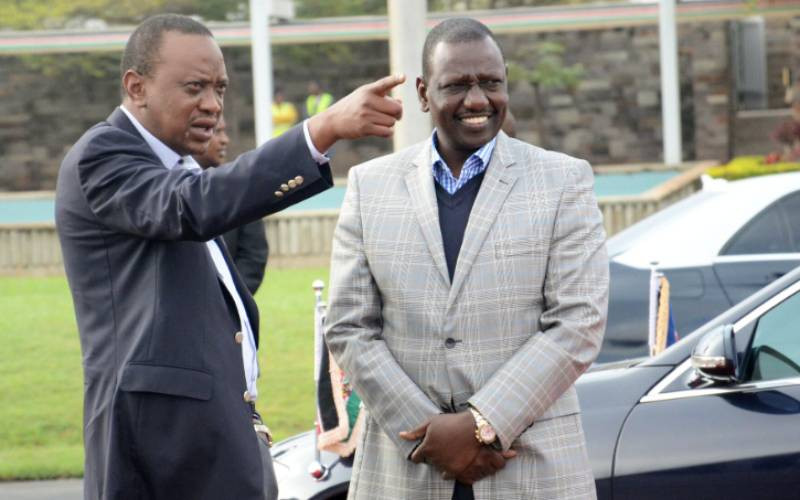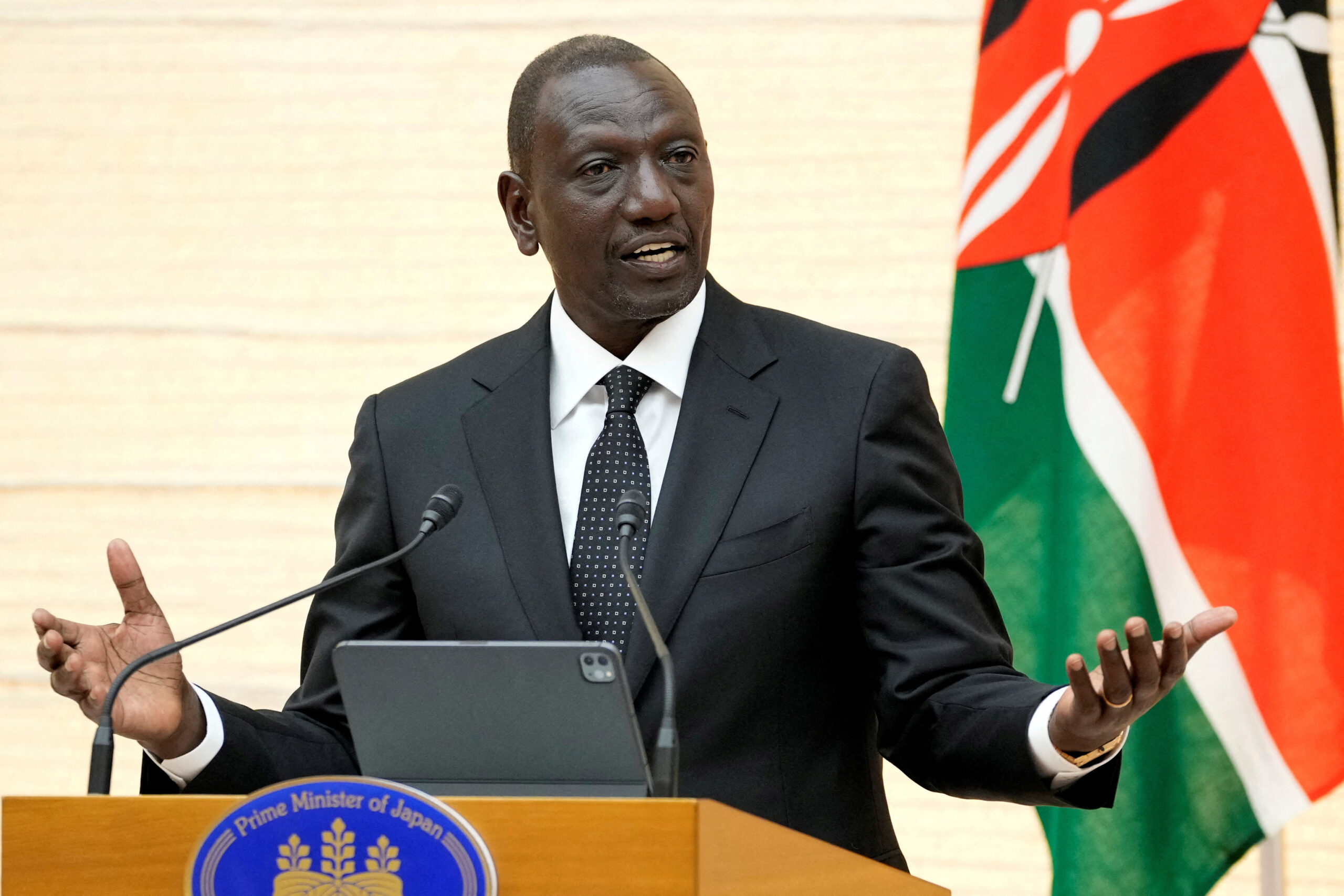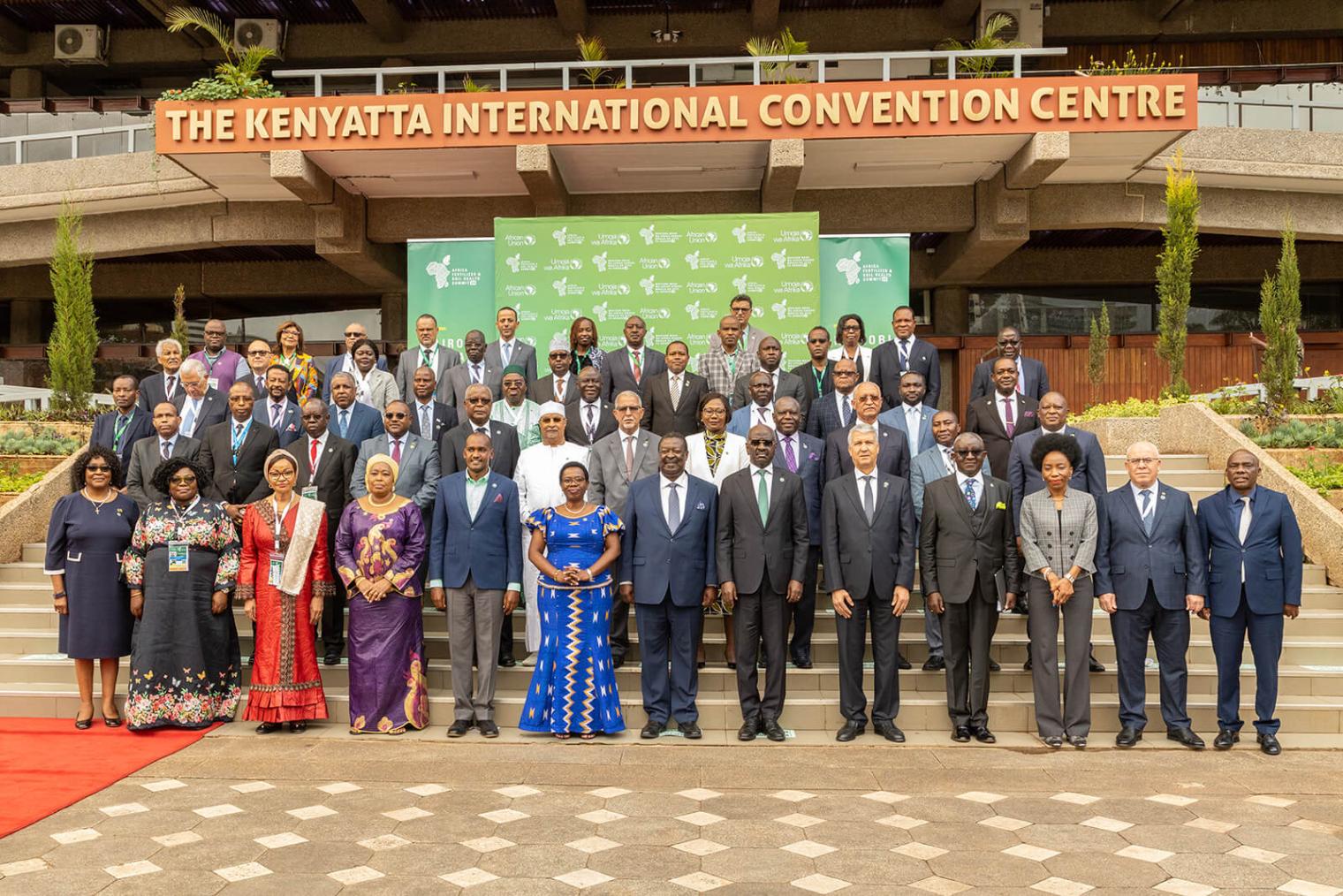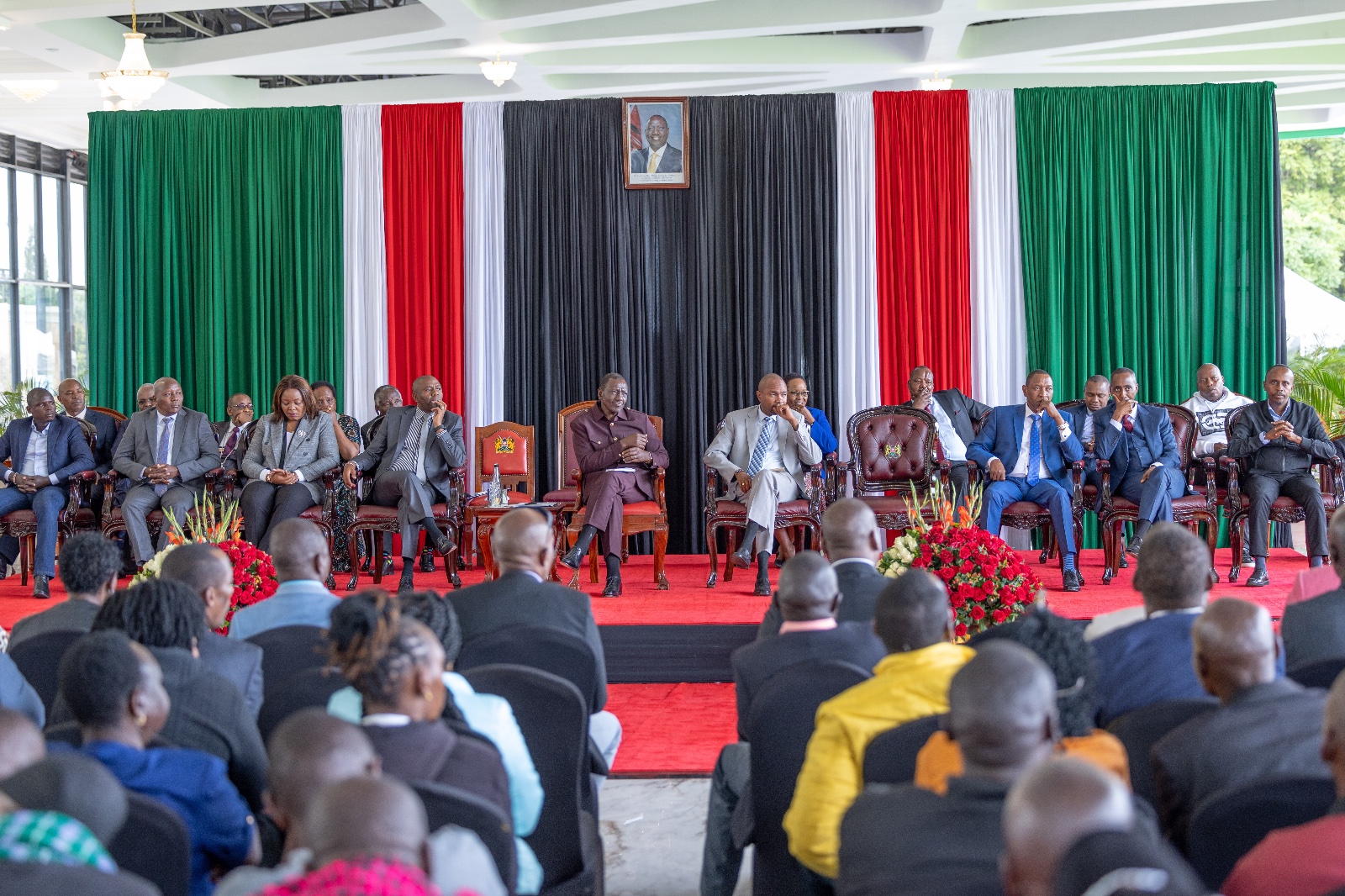
President William Ruto has made significant economic gains and wiser fiscal decisions under his presidency, in the first year, compared to his predecessor Uhuru Kenyatta’s, same duration.
Even though President Kenyatta inherited a debt load of 1.89 trillion from President Mwai Kibaki, the country’s borrowing under his tenure dramatically surged to a staggering 8.56 trillion, reflecting a mammoth increase of around 377% by the end of his second term in office.
Shockingly, in the last days of the Jubilee administration, the government borrowed an average of Sh2.5 billion daily before the end of President Uhuru Kenyatta’s final term in August 2022, putting the regime’s appetite for foreign debt in question.
This is the level of economic carnage inherited by President William Ruto on his first term. Uhuru Kenyatta inherited a stable economy from Mwai Kibaki in 2013, and had no so much pressure from Kenyans to turn the country’s economic fortunes, within the shortest time possible, compared to Ruto’s current storm.
President Ruto faces the arduous task of alleviating Kenya’s escalating debt burden and expanding fiscal space to stimulate economic growth.
Mitigating these challenges need prudent fiscal policies, stringent debt management, enhanced revenue generation, and strategic investments to foster sustainable development and economic progress.

The Finance Bill 2023, prompt repayment of the country’s debts, expanding the tax base to enhance generation of local revenue and putting in place stringent measures to limit public wastage and corruption are some of the decisions made by the Head of State in his first year in office to try stabilise the economy. Privatisation of state corporations and having them generating revenue for government is another.
This December alone, Kenya will pay back $300 million of a $2 billion Eurobond that falls due next June. The Kenyan government in 2023 is spending roughly half its revenue on debts incurred by the last administration, squeezing its public finances.






